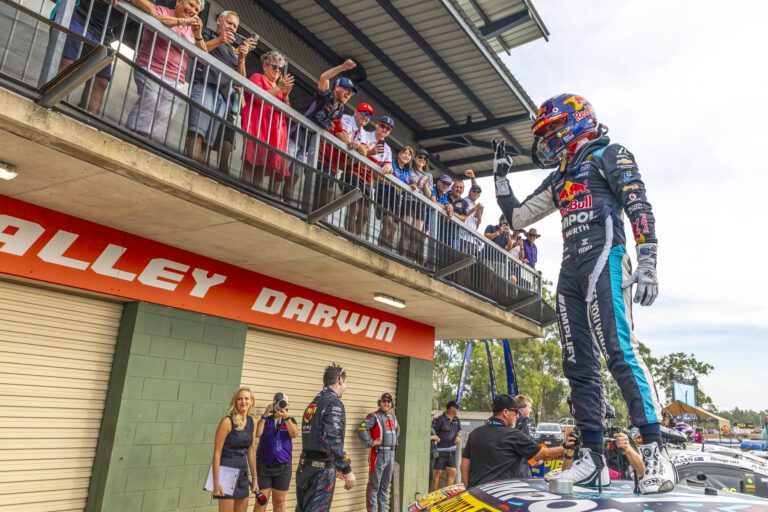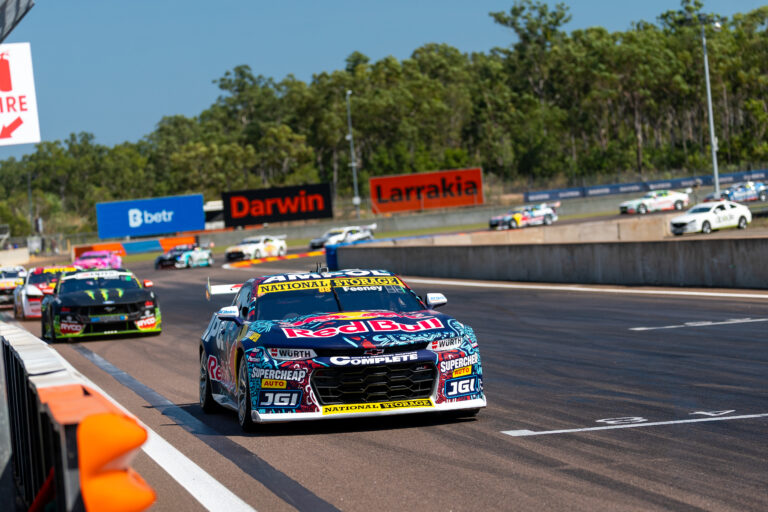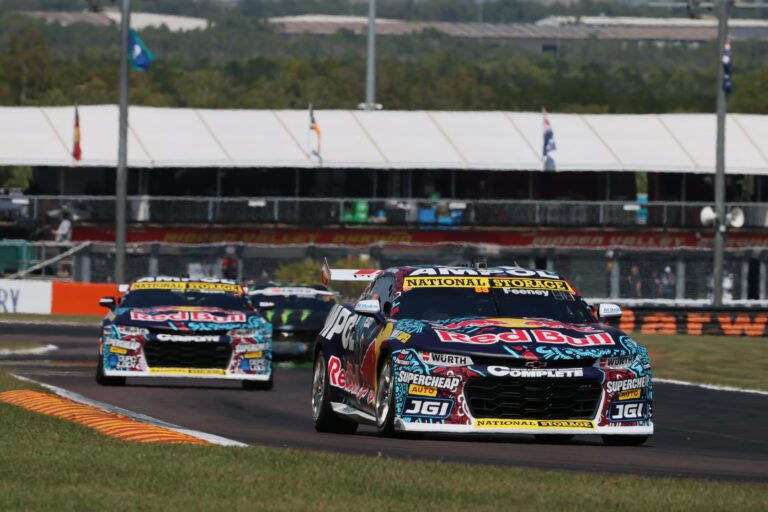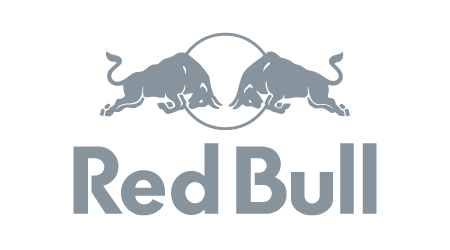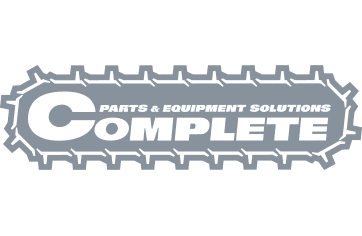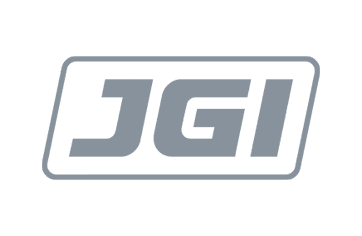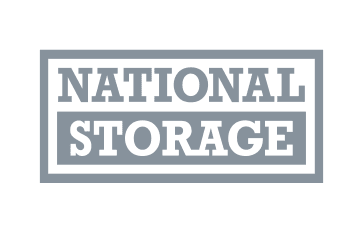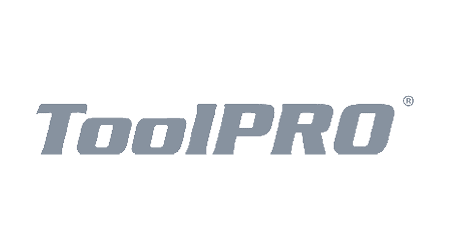There’s no denying the Covid-19 pandemic hit the sporting world for six.
One day we were claiming double-pole positions on the streets of Albert Park, the next we were back at home-base wondering when we’d see the Bulls charge down a racetrack again.
In the interests of keeping our highly skilled team of engineers in check, Red Bull Holden Racing Team boss Roland ‘RD’ Dane decided to turn the team’s attention to a different kind of heart-pounding machine – ventilators.
Speaking on the Business Australia ‘The Company You Keep’ podcast about The Conrod Project, Triple Eight Race Engineering’s emergency ventilator, RD said that the thought of not utilising the skills of our engineers during the current health crisis didn’t sit well with him.
“When you’ve got a group of really highly motivated and skilled engineers, which an appreciable portion of our team is made up of people like that, then [I] wanted to try and make sure our brains didn’t go stale, first and foremost,” he said.
“It was very clear early on that one of the issues in a lot of countries was going to be the number of people who are available to operate such machines (ventilators). Don’t forget at that time, we were all seeing some pretty horrific pictures of warehouses, for want of a better word, in Italy, with camp beds, the sort of thing that you’ve gone to a camping shop and bought, with people like lying there with almost no assistance.”
Utilising similar technology found in our supercars, the team was well equipped to not only make a fully functioning emergency ventilator, but create a world-class machine that exceeds the TGA’s specifications.
“We came up with the concept of using a system we use in racing – telemetry – which is a way of transmitting data, live data from multiple sources. So on a race car, for instance, there can be 100 different sensors on the car at any one time that are transmitting data back to a central point in a pit lane, in a race circuit.
“Applying that principle to ventilators, you could then have 10, 20, 30, ventilators in a room or in a warehouse that had patients attached to them that then could be monitored from a single position, and warnings, et cetera come up on that monitoring screen that then would allow the potential to operate with maybe fewer people.”
Offering his pearls of wisdom, RD concluded that it’s important to recognise the skills and opportunities within businesses that can be leveraged if a crisis like this were to strike again.
“It’s a very trendy expression these days to say ‘think outside the box’, but honestly, think of, very broadly to begin with, about what possibilities that could be in other areas for your business.
“Then if you’ve identified opportunities, hone in on them. Don’t use a shotgun approach to everything. Hone in on what you might be good at, where your skill sets, where your equipment… whatever else, where your assets… whether they’re people or whether they’re physical assets can be used best, and then concentrate on a small number of potential opportunities.”
To listen to the full podcast, click here.

